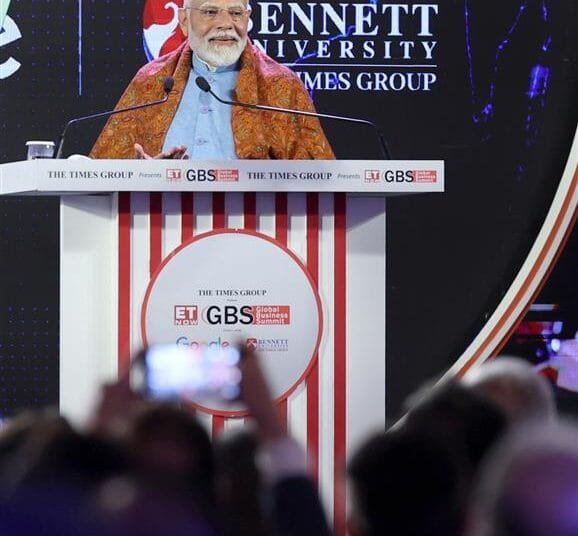Amb. Chang says 600 Korean companies contributing to ‘Make in India’ initiative
There are opportunities for Korean companies in the semiconductor space in India where over US$8 billion of US$10 billion worth incentives remain unsubscribed, says Rajesh Kumar Singh, Secretary, Department for Promotion of Industry and Internal Trade (DPIIT).
Speaking at the 6th India Korea Business Partnership Forum 2023, he described South Korea as India’s ‘trusted partner’ in a changing global order.
He also indicated that the bilateral trade agreement would be upgraded to fortify the productive engagement between both countries and urged Korean companies to invest in India’s semiconductor and renewable energy sectors to help accelerate digital and green transition.
“We have taken note of the suggestion that the India-Korea Comprehensive Economic Partnership Agreement (CEPA) needs to be upgraded to further strengthen bilateral relationship,” Singh told delegates at the forum organized by the Confederation of Indian Industry (CII) in partnership with Korea International Trade Association (KITA) on 7 Nov 2023.
He elaborated, “India is trying to create a transition to a much stronger manufacturing base through schemes such as PLI under which over US$26 billion is being provided as incentive in 14 sectors of the economy as well as in hi-tech areas such as semi-conductors where we are providing an incentive of over US$10 billion to attract global semi-conductor manufacturers to India”.
“Many Korean companies have their largest R&D centers in India what we call global capacity centres. They have emerged as leaders in the domestic markets and have also leveraged the infrastructure provided to make for the world,” Singh noted.
“Korea boasts excellent capabilities in future industries including EVs, batteries, digital / biotechnology, and clean energy by actively responding to changes in the global market. By combining “Make in India” with Korea’s “Make History” initiative, our two countries will create synergy effect as optimal cooperation partners,” he said.
The Indian Ambassador to Korea Amit Kumar added, “Efforts to widen and deepen India-Korea special strategic partnership would lead to more collaborations in life sciences, electric vehicles, semiconductors, green hydrogen, electronics, infrastructure, renewable energy, sustainable development, technology and innovation, startups and cultural exchanges.”
He further said that bilateral talks on trade, investment, infrastructure, energy, and new technologies were aimed at enhancing bilateral trade from the current level of US$28 billion and boosting two-way investments from US$13 billion.
Korean Ambassador to India Chang Jae-bok highlighted US$28 billion bilateral trade and 600 Korean companies contributing to Make in India. “These are also testimony to the strong bilateral ties”.
Also, India Korea cooperation in finance, logistics, green hydrogen, electric vehicles hold significant promise, he added.
In technology and infrastructure, India and South Korea have many complementarities, noted Sanjeev Puri, President Designate, CII and Chairman & Managing Director, ITC Ltd.
He further mentioned that India was becoming a very strong manufacturing hub to cater not only to the large and growing consumption market in India, but also as an important value chain for the world and 40% of the global capability centres were in India.
Korean SMEs view India as an attractive destination for investment and manufacturing, according to Jeong Marn-ki, Executive Vice Chairman of KITA.
Further, digital ICT, renewable energy and aerospace are the new emerging areas for Korean investment in India, he observed.
India will serve as a magnet for Korean investments in key sectors including sustainability, energy efficiency, green manufacturing, smart cities, and ecosystems, according to Shiv Siddhant Kaul, Chairman, CII (Eastern Region) & Managing Director, Nicco Engineering Services Ltd.
“The global partnership between India and Korea has emerged as a strong pole in global supply chain resilience as well as sustainable and inclusive development,” said Kaul. Fiinews.com










